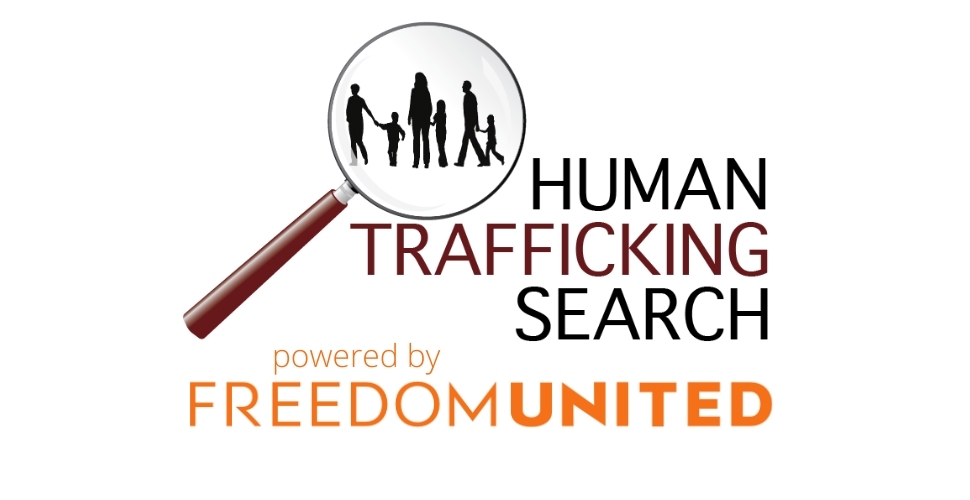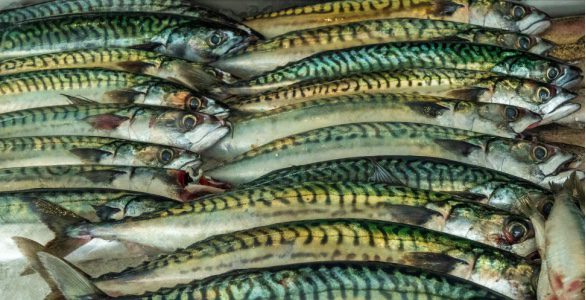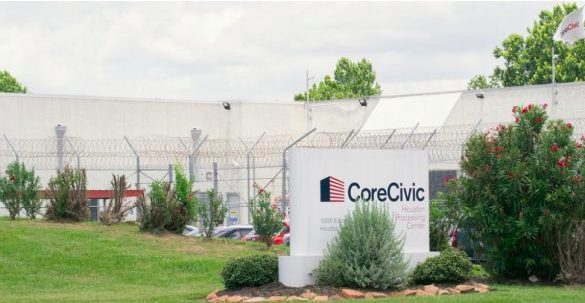
In a decisive step towards cleaning up supply-chains, the European Union has approved a law forbidding the sale of products made with forced labor. As reported by Human Rights Watch (HRW), the law will help combat labor abuse and hold companies to account.
Big profits that lead to a big problem
According to the ILO Forced Labour Convention, 1930 (No. 29), forced labor is “all work or service which is exacted from any person under the threat of a penalty and for which the person has not offered himself or herself voluntarily”. And it’s easy to understand why companies have taken advantage of forced labor in places like the Uyghur region, Türkiye and Russia. Obviously, forced labor keeps production costs low, which in turn leads to more profits for the company. A recent ILO report cited profits from forced labor in the private sector at around US$63.9 billion annually. That figure points to the scale of the issue of modern slavery.
Human Rights Watch said:
“The 2022 ILO Global Estimates on Modern Slavery estimated that 17.3 million people are victims of forced labor exploitation in the private sector worldwide; an 8 percent increase between 2016 and 2021.”
Additionally another 3.9 million are working under state-imposed forced labor. That means national or local authorities are forcing citizens to work in places like the Uyghur region, Turkmenistan and North Korea. But the new Forced Labor Regulation (FLR) requires trade authorities across the EU to prevent anything made in part or in whole with forced labor from entering their markets. Companies will have to ensure no part, product or material was made/harvested using forced labor.












